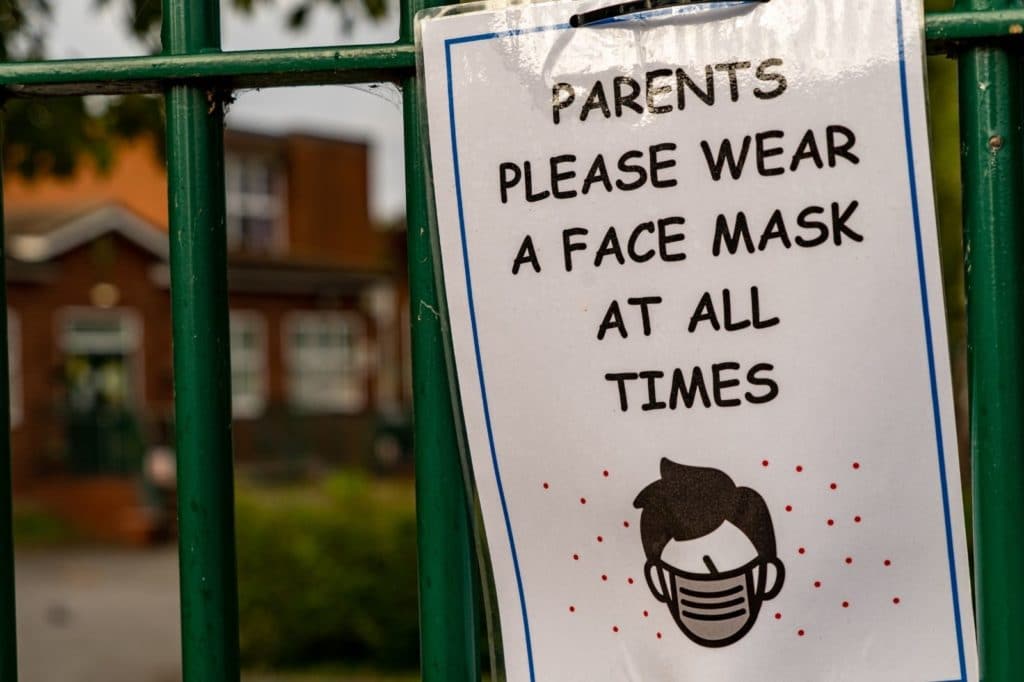What has COVID-19 been like for parents of school-age kids? What did students experience? We asked Kim Sayers, MA, LPC-S, Clinical Project Director at Communities in Schools – San Antonio (CIS-SA). She in turned asked her entire team of LPCs and LMSW, 21 professionals who have been on the front line of helping these families. They provided a wealth of information about the reality of family and home-school life during COVID-19. Their responses have been summarized below in part one of this story. In part two, we will review the circumstances they saw that were out of families’ control and how to cope with these events.
Can you describe the experiences of the families you support?
One of the top issues for parents was ensuring their children kept up with their studies. This included dealing with technology, and learning new ways to teach and motivate their children. Another major challenge for parents was managing work and family – including their own unemployment or too much work and a need for childcare.
Family relationships issues also emerged, from “Being around the kids all day,” to basic child-raising issues such as boundaries and discipline. “Families have experienced additional stresses of interacting with each other more so than what they have experienced before,” reports a counselor.
Finally, “Families are fearful of the unknown” and the uncertainty about the future was a major stressor. It was more acute for people who were on furlough or lost a job or families with basic needs issues. For most people though the unknown about the pandemic, the future with school and their kids’ future were a challenge. “The uncertainty of the future was one of the biggest stressors for families not needing any support with basic needs” shares one of the respondents.
For students, adjusting to online learning was clearly stressful because of the fear of falling behind on academics, or the challenge to stay motivated. Students felt the loss of the structure and routine that the school day provided.
Many missed the social interaction school provided with teachers and friends. Some of the students had to get a job to help the family or became responsible for watching younger siblings. Teen parents, while enjoying the gifted time with their child, struggled getting their school work done. For some students, “this season was difficult as their relationship with their caregivers is rocky.”
Some of the most challenged students may have been the special need students. The transition of special education to the virtual world was the most complex and often lacking.
Finally, as seniors were considering their future, they had “a strong desire for guidance in these areas and reported fears of adjustment” and “there is a feeling of a lack of closure.”
Is there a silver lining in all this?
All the CIS-SAcounselors saw that despite the challenges, the COVID-19 experience brought a lot of good in the life of the families they worked with. The overwhelming report is that “families may have become closer during this time. Also, families are spending more time together and getting to know each other.” “Students have discussed having more open and honest conversations with their family members that have resulted in deeper relationships” reports a counselor.
Another benefit was that they built resilience and skills, and showed “them what can be accomplished in the face of adversity” and “how we can all come together to make terrible situation not so terrible”. For some, it gave them an opportunity to “slow down and focus on their mental health and well-being”. Finally, it gave students and parents an appreciation for “how many people are there for them during this time.”
While COVID-19 was a difficult experience for so many families and continues to be a huge challenge, it is always hopeful to see how many people respond regardless of their predicament. These two quotes summarize very well what encouragement and lessons may be retained from the COVID-19 upheaval:
“We have learned how to slow down from how fast-paced our old routines were and now appreciate nature, quality family time, and how well so many became adaptable to the huge change we all experienced.”
“My hope is that everyone will be more appreciative of what we may have taken for granted. That we will be more healthy overall. That we will take more ownership of what we have power to change and change it for the good.”
Thank you to the the counselors of CIS-SA for sharing their experiences and the lessons we can all learn about the importance of community during these extraordinary times. Stay tuned for part 2: how to build resilience when faced with events you can’t control.










